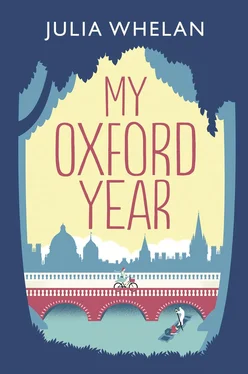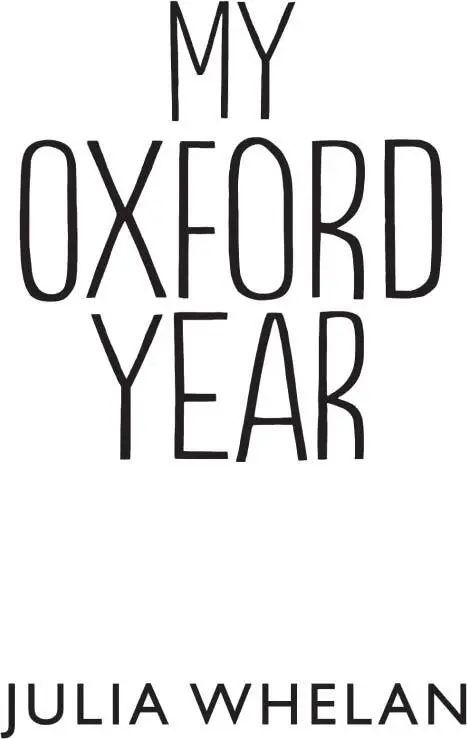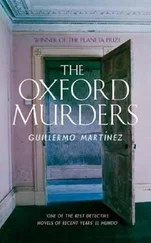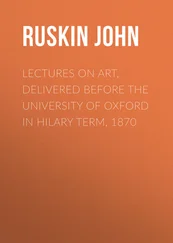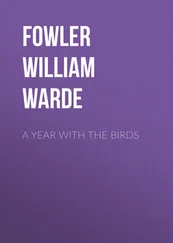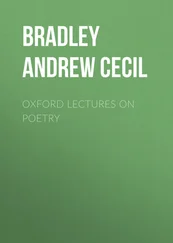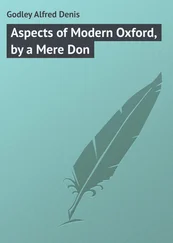Published by HarperCollins Publishers Ltd
1 London Bridge Street
London SE1 9GF
www.harpercollins.co.uk
First published in Great Britain by HarperCollins Publishers 2018
Copyright © Julia Whelan 2018
Cover design and illustration by Nathan Burton © HarperCollins Publishers Ltd 2018
Julia Whelan asserts the moral right to be identified as the author of this work.
A catalogue copy of this book is available from the British Library.
This novel is entirely a work of fiction. The names, characters and incidents portrayed in it are the work of the author’s imagination. Any resemblance to actual persons, living or dead, events or localities is entirely coincidental.
All rights reserved under International and Pan-American Copyright Conventions. By payment of the required fees, you have been granted the non-exclusive, non-transferable right to access and read the text of this e-book on screen. No part of this text may be reproduced, transmitted, down-loaded, decompiled, reverse engineered, or stored in or introduced into any information storage and retrieval system, in any form or by any means, whether electronic or mechanical, now known or hereinafter invented, without the express written permission of HarperCollins.
Source ISBN: 9780008278717
Ebook Edition © April 2018 ISBN: 9780008278724
Version: 2018-06-13
Praise for MY OXFORD YEAR
“ My Oxford Year is a pure delight with unpredictable depths. Julia Whelan has crafted a story that is as fun and charming as it is powerful and wise. Ella Durran is a breath of fresh air and her story will stay with you long after you’re done.”
—Taylor Jenkins Reid, author of The Seven Husbands of Evelyn Hugo
“Full of humor and romance, My Oxford Year has it all—I loved it!”
—Jill Shalvis, New York Times bestselling author
“ My Oxford Year is a funny, tender, heartbreaking coming-of-age adventure.”
—Allison Winn Scotch, New York Times bestselling author
“ My Oxford Year is an achingly beautiful debut.”
—Robinne Lee, author of The Idea of You
“Vivid, smart, and utterly charming, My Oxford Year is a heartfelt journey.”
—Allie Larkin, author of Why Can’t I Be You
Contents
Cover
Title Page
Copyright
Praise for My Oxford Year
Dedication
Epigraph
Chapter 1
Chapter 2
Chapter 3
Chapter 4
Chapter 5
Chapter 6
Chapter 7
Chapter 8
Chapter 9
Chapter 10
Chapter 11
Chapter 12
Chapter 13
Chapter 14
Chapter 15
Chapter 16
Chapter 17
Chapter 18
Chapter 19
Chapter 20
Chapter 21
Chapter 22
Chapter 23
Chapter 24
Chapter 25
Chapter 26
Chapter 27
Chapter 28
Chapter 29
Chapter 30
Epilogue
Afterword
Acknowledgments
Behind the Book Essay
Reading Group Guide
About the Author
About the Publisher
To those we have lost. Particularly fathers. Particularly mine.
I envy you going to Oxford: it is the most flower-like time of one’s life. One sees the shadow of things in silver mirrors. Later on, one sees the Gorgon’s head, and one suffers, because it does not turn one to stone.
Oscar Wilde, letter to Louis Wilkinson,
December 28, 1898
While the chaffinch sings on the orchard bough In England—now!
Robert Browning, “Home-Thoughts, from Abroad,” 1845
Next!”
The customs agent beckons the person in front of me and I approach the big red line, absently toeing the curling tape, resting my hand on the gleaming pipe railing. No adjustable ropes at Heathrow, apparently; these lines must always be long if they require permanent demarcation.
My phone, which I’ve been tapping against my leg, rings. I glance at the screen. I don’t know the number.
“Hello?” I answer.
“Is this Eleanor Durran?”
“Yes?”
“This is Gavin Brookdale.”
My first thought is that this is a prank call. Gavin Brookdale just stepped down as White House chief of staff. He’s run every major political campaign of the last twenty years. He’s a legend. He’s my idol. He’s calling me?
“Hello?”
“Sorry, I—I’m here,” I stammer. “I’m just—”
“Have you heard of Janet Wilkes?”
Have I heard of—Janet Wilkes is the junior senator from Florida and a dark-horse candidate for president. She’s forty-five, lost her husband twelve years ago in Afghanistan, raised three kids on a teacher’s salary while somehow putting herself through law school, and then ran the most impressive grassroots senatorial campaign I’ve ever seen. She also has the hottest human-rights-attorney boyfriend I’ve ever seen, but that’s beside the point. She’s a Gold Star Wife who’s a progressive firebrand on social issues. We’ve never seen anyone like her on the national stage before. The first debate isn’t for another two weeks, on October 13, but voters seem to love her: she’s polling third in a field of twelve. Candidate Number Two is not long for the race; a Case of the Jilted Mistress(es). Number One, however, happens to be the current vice president, George Hillerson, whom Gavin Brookdale (if the Washington gossip mill is accurate) loathes. Still, even the notoriously mercurial Brookdale wouldn’t back a losing horse like Wilkes just to spite the presumptive nominee. If nothing else, Gavin Brookdale likes to win. “Of course I’ve heard of her.”
“She read your piece in The Atlantic . We both did. ‘The Art of Education and the Death of the Thinking American Electorate.’ We were impressed.”
“Thank you,” I say, gushing. “It was something I felt was missing from the discourse—”
“What you wrote was philosophy. It wasn’t policy.”
This brings me up short. “I understand why you’d think that, but I—”
“Don’t worry, I know you have the policy chops. I know you won Ohio for Janey Bennett. The 138th for Carl Moseley. You’re a talented young lady, Eleanor.”
“Mr. Brookdale—”
“Call me Gavin.”
“Then call me Ella. No one calls me Eleanor.”
“All right, Ella, would you like to be the education consultant for Wilkes’s campaign?”
Silence.
“Hello?”
“Yes!” I bleat. “Yes, of course! She’s incredible—”
“Great. Come down to my office today and we’ll read you in.”
All the breath leaves my body. I can’t seem to get it back. “So … here’s the thing. I—I’m in England.”
“Fine, when you get back.”
“… I get back in June.”
Silence.
“Are you consulting over there?”
“No, I have a … I got a Rhodes and I’m doing a—”
Gavin chortles. “I was a Rhodie.”
“I know, sir.”
“Gavin.”
“Gavin.”
“What are you studying?”
“English language and literature 1830 to 1914.”
Beat. “Why?”
“Because I want to?” Why does it come out as a question?
“You don’t need it. Getting the Rhodes is what matters. Doing it is meaningless, especially in literature from 1830 to 19-whatever. The only reason you wanted it was to help you get that life-changing political job, right? Well, I’m giving that to you. So come home and let’s get down to business.”
Читать дальше
